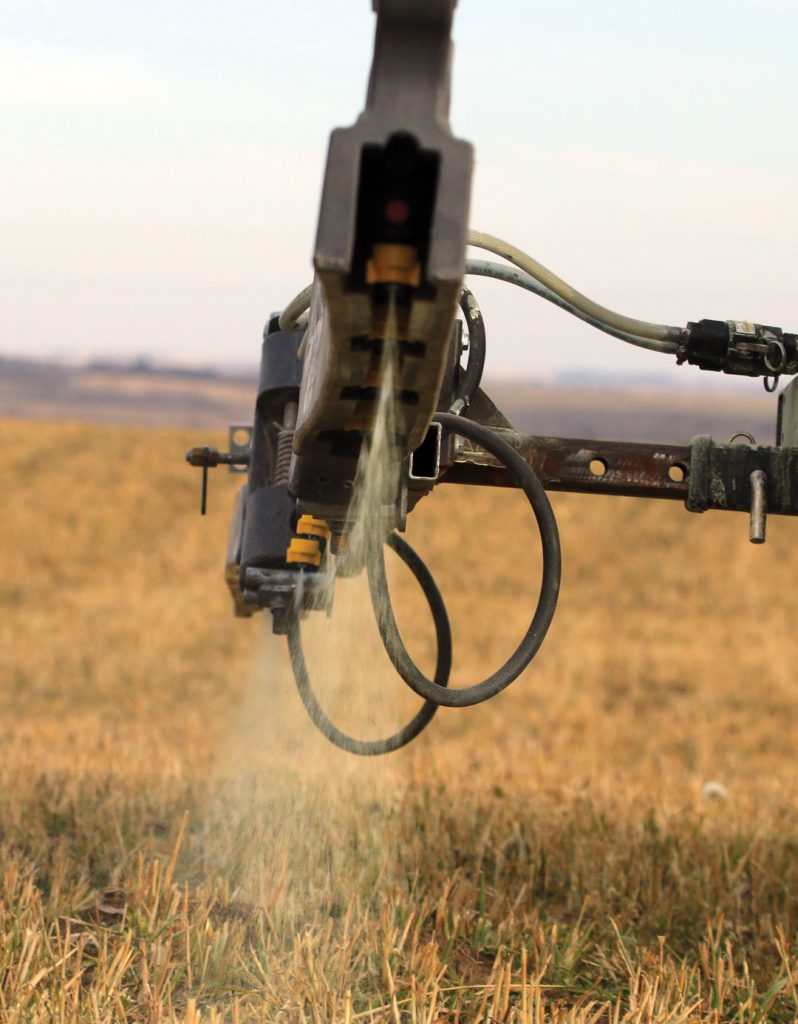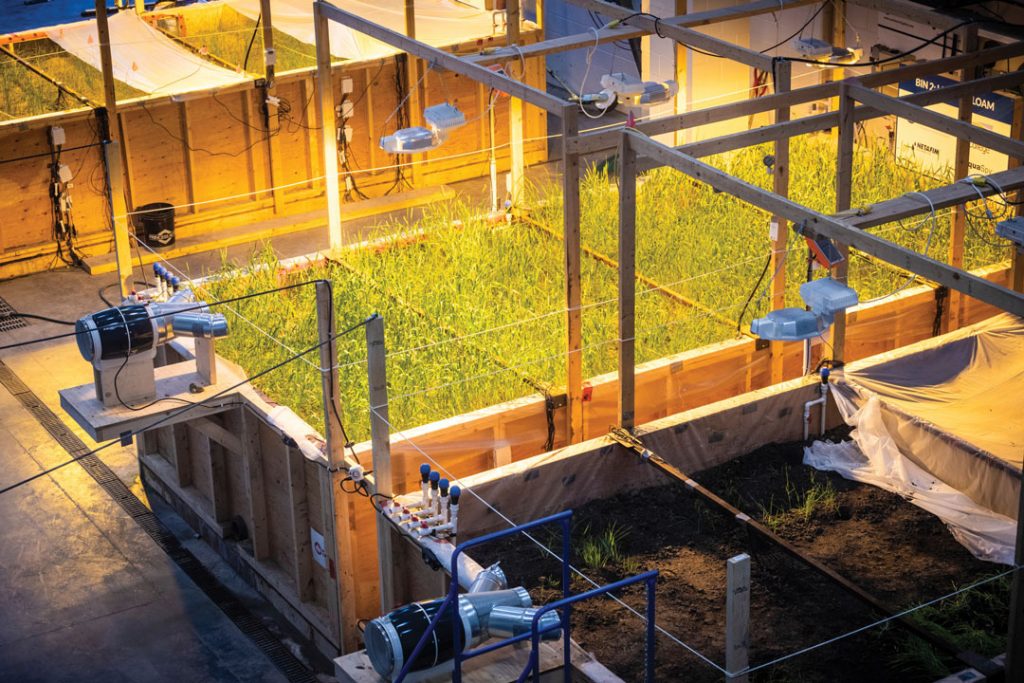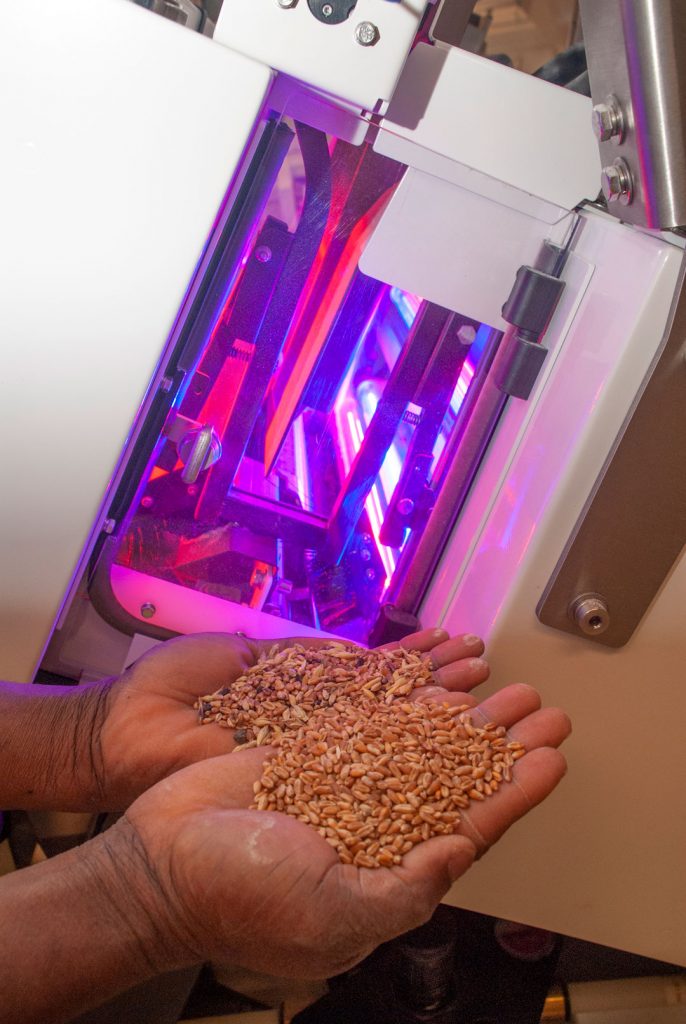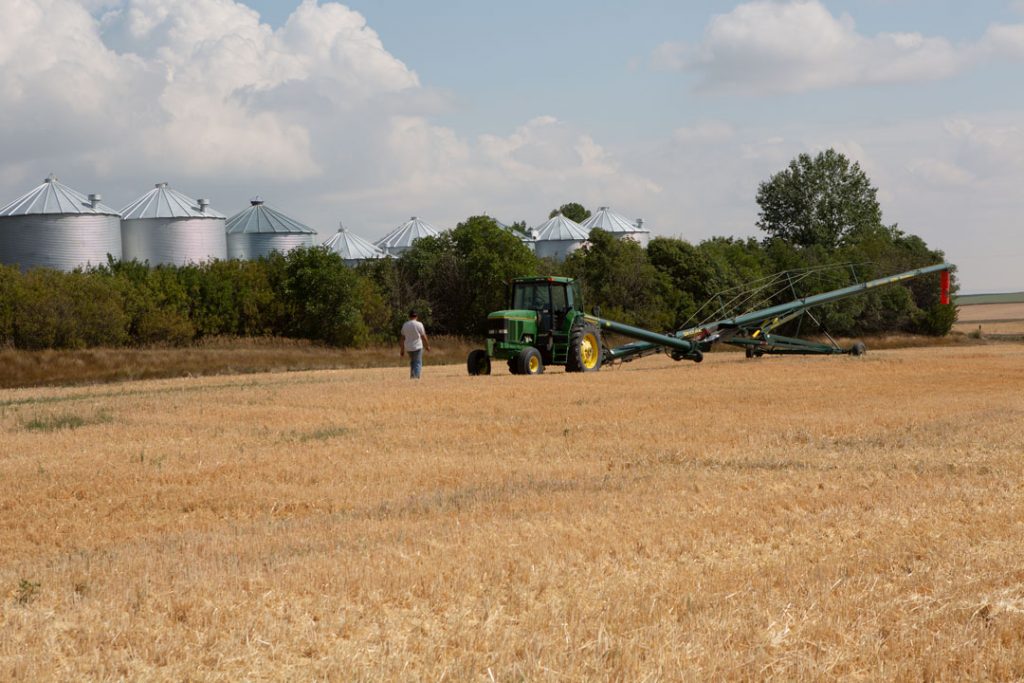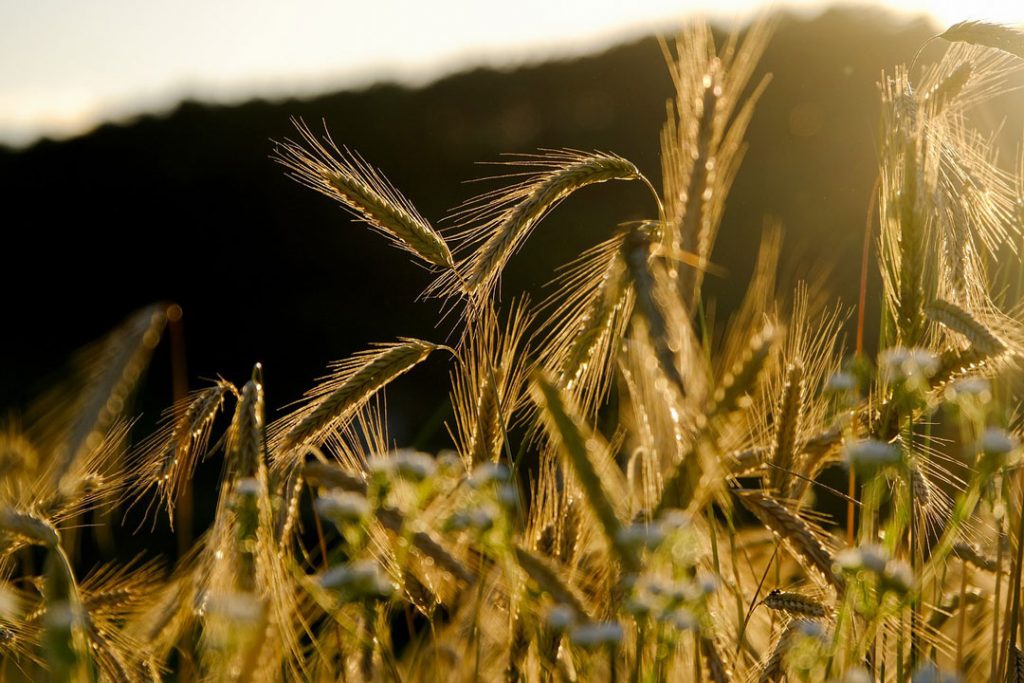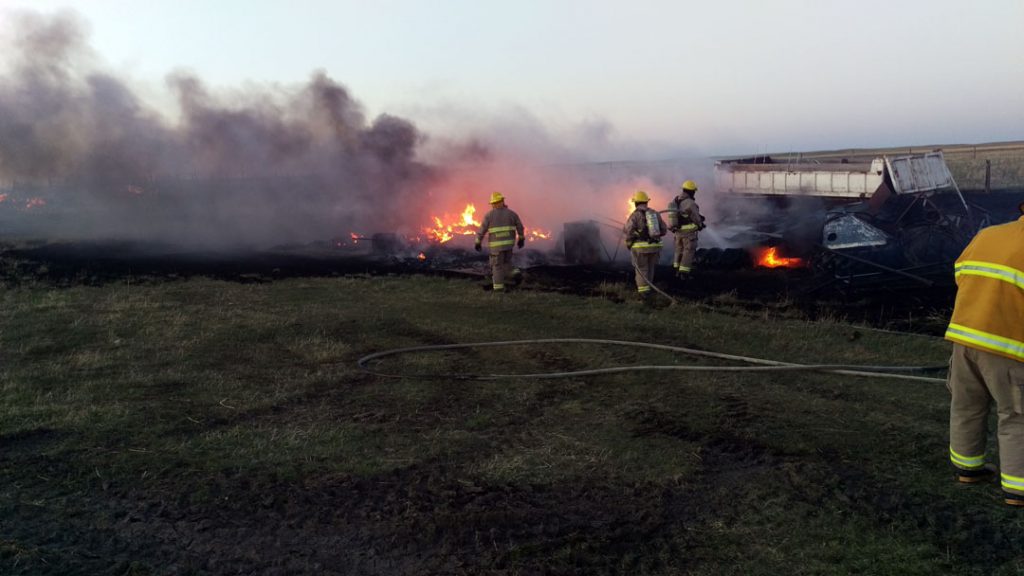GLOBAL BEER INDUSTRY UPDATE
These have been difficult times for the global brewing industry. While estimates vary, as the smoke clears, it appears world beer production was down between eight and 10 per cent in 2020, less than some early dire predictions of up to 14 per cent. Certain regions were particularly hard hit, such as Africa, Asia and Europe with output drops of 10 to 15 per cent. North and South America fared better with production down by two to five per cent. In China, the world’s largest brewer, production is estimated to have fallen by eight to 10 per cent, or 30 to 35 million hectolitres. To put this in perspective, Canada’s annual beer production is around 20 million hectolitres. In Japan, beer sales reportedly dropped nine per cent, while in Vietnam, which has a large population and strong beer culture, output is estimated to have fallen by a substantial 14 per cent.







